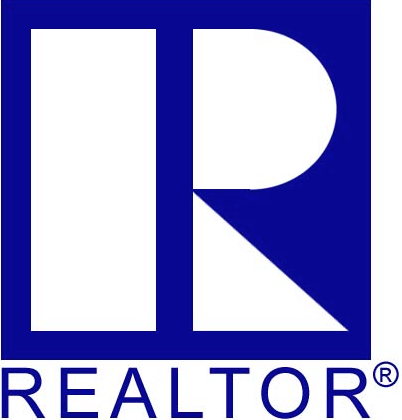The National Association of Realtors’ leadership team has been tasked with creating a new “Code of Excellence” educational requirement and making the current requirement to complete Realtor Code of Ethics training biennial instead of quadrennial.
In an attempt to “raise the bar” of professionalism in the industry, a presidential advisory group of about 30 members called “Realtor of the Future” appointed in May by then-NAR President Steve Brown, presented policy recommendations to better the association.
Approved by the nearly 850-member NAR board of directors, the Code of Excellence will provide training that covers such issues as consumer privacy protection, data accuracy, political advocacy, technology, professional courtesies and social media. While these topics are currently covered by NAR’s educational offerings, the trade group wants to offer them in a concise educational program.
The current NAR President Chris Polychron will appoint another presidential advisory group to develop the Code of Excellence that will be an educational requirement members must complete every two years. Brown believes the Code of Excellence will lay out what Realtors need to do in order to be successful in this industry.
“The Code of Ethics … really lays out clearly what we should not do. The Code of Excellence lays out what we should do,” said Brown. The Code of Excellence will “train the Realtor that they are not single-minded. That to be a good Realtor they must be community-involved, they must be politically aware and they must engage with the consumer in every facet of their community life.”
Additional Policy Recommendations
A number of other policy recommendations were approved by the NAR board. First, the NAR will use its size and scale to make sure Realtors have the best data available for their real estate practice. The particulars of this policy have yet to be developed, but the policy is concerned with Realtors being “content data knowledgeable” in their work.
“NAR will be helping the Realtor with all kinds of research data … from MLS to RPR to analytical predictive statistics. The Realtor needs to have the knowledge that all of that information can provide,” said Brown.
With all of the information free and available to the consumer, Realtors are responsible for taking the information and putting it into a workable form for the consumer to make good decisions.
The other approved policy recommendation, originally worded “NAR should develop a methodology to rate Realtors,” was reworded to “NAR will develop an industry standard for models to allow consumers to fairly and more accurately evaluate Realtors.”
In other words, NAR itself will not rate members, but rather develop guidelines that other ratings sites would be encouraged to use to more accurately rate Realtors. NAR looks to create a broader professional search that would include an agent’s track record in terms of sales, as well taking into account members’ designations, education, linguistic abilities, specialties and other talents.
“Too often many of the current ratings systems only rely upon certain numbers — number of homes sold, number of years in the business, number of sales volume. Those are all important pieces, but not the only pieces when choosing a Realtor,” Brown said.
Another policy was proposed that would have directed NAR to explore increasing the standards of entry into Realtor associations by improving the education, credentials and professionalism of all Realtors was not approved. Brown said the proposal did not go forward to the board of directors because NAR leaders felt the other proposals would address educational and training requirements on an ongoing basis and they were not necessarily better addressed under initiation of Realtor membership.

